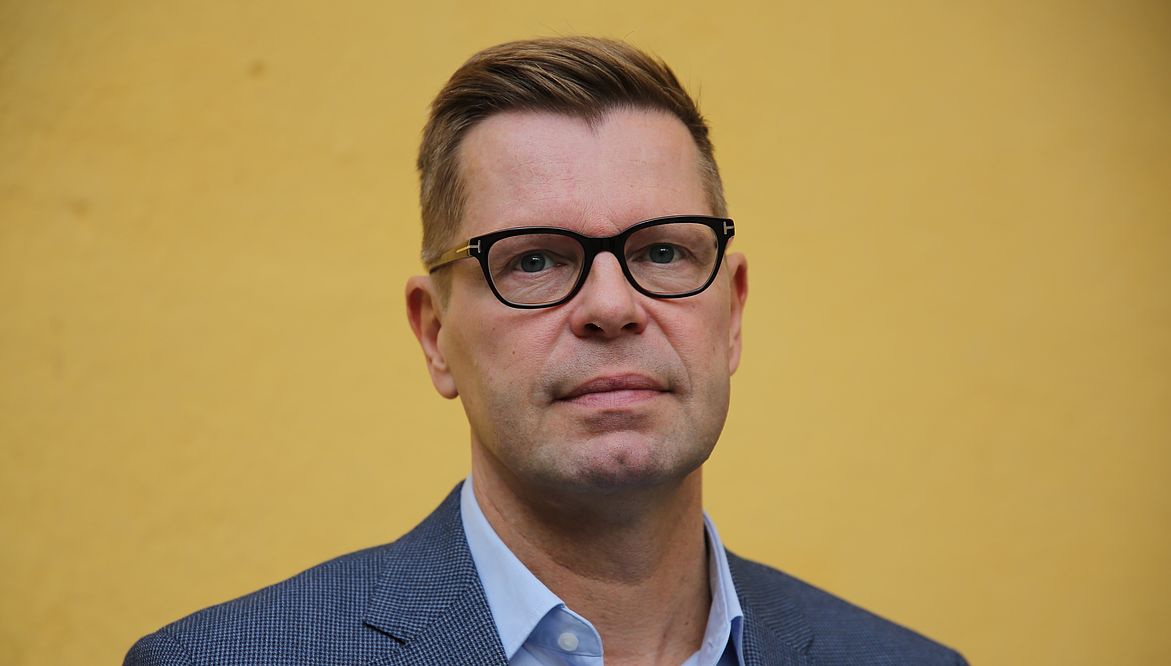"Online deliberation is not worse"

The Finnish city of Turku is the first municipality in the world to try an online citizens' assembly. Political scientist Prof. Kimmo Grönlund initiated it together with a team of academics. We asked him about this citizens' assembly project.
The city of Turku is convening a citizens' assembly. What will be the topic?
Prof. Kimmo Grönlund: Urban development, especially traffic planning in the city centre. The planning period is ten years.
Why did the City of Turku choose a randomly selected citizens' assembly?
Prof. Grönlund: The decision was made by us scientists. The aim is to achieve the greatest possible diversity among the more than 200 citizens taking part in the consultation. Sortition is a good way to ensure this. We will apply some quotas such as gender, age, mother tongue and place of residence, based on which the final participants will be selected.
Face-to-face meetings are not possible during the COVID-19 crisis. Therefore, the citizens' assembly will be conducted online. What is the procedure?
Prof. Grönlund: We use Zoom for the consultations. Each group gets its own individual meeting ID. Normally, each group has a moderator who facilitates the discussion. Since we are doing an online event with lay people, this time each group will have a moderator and a technical facilitator. The groups will consist of eight to ten participants, and there will be a technical dry run for each group separately a few days before the actual deliberations.
Critics fear the loss of the quality of deliberative democracy in a purely online process. What is your response to this?
Prof. Grönlund: I don't agree with that. Our online experiments so far show that the quality of online deliberation need not be worse than in face-to-face mode. Some people may even feel more empowered to participate if they can do so from home. In our case, all participants have to use a webcam and a microphone because the deliberations are synchronised in time and we do not want to change this. In future experiments it would be interesting to analyse whether the power of the better argument is stronger in completely anonymous consultations without camera and voice.
Political scientist Prof. Kimmo Grönlund is head of the Samforsk Institute of Social Sciences in Turku and the FutuDem project of the ÅAU Center of Excellence
Hintergrund: Åbo samtalar - Citizens' Assembly in Turku